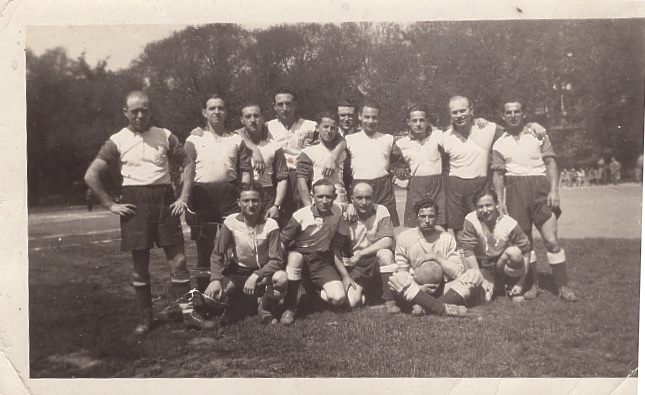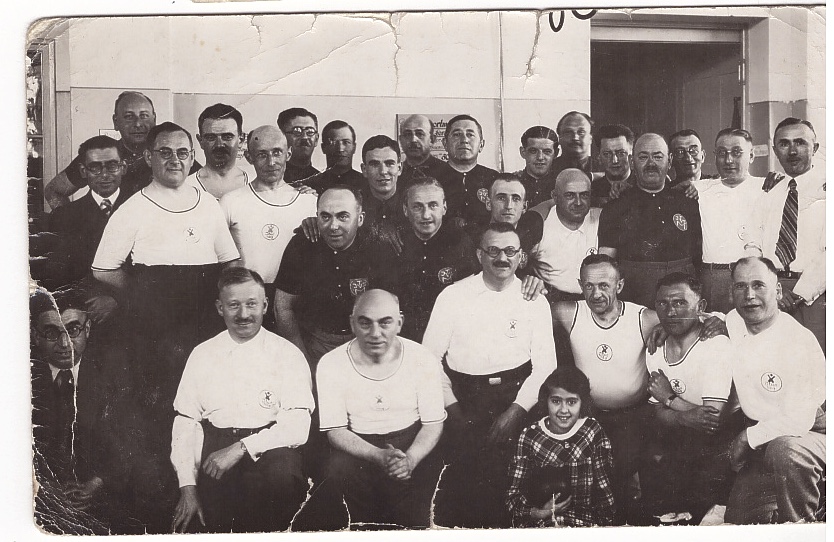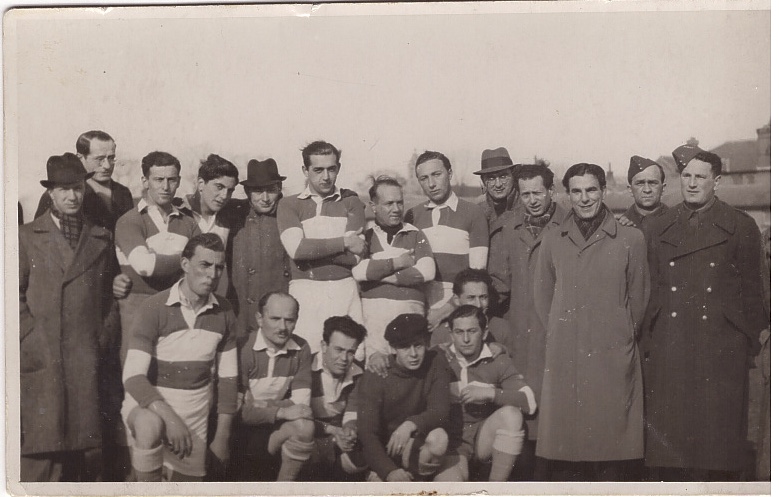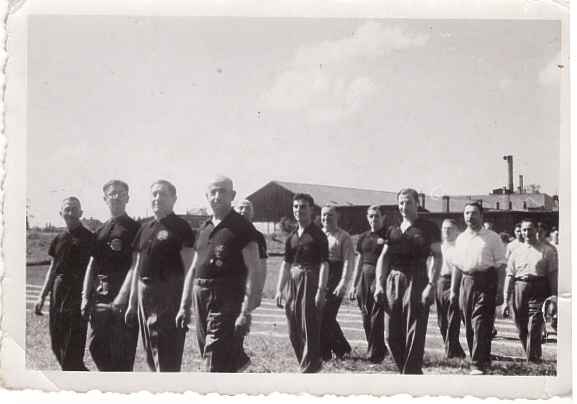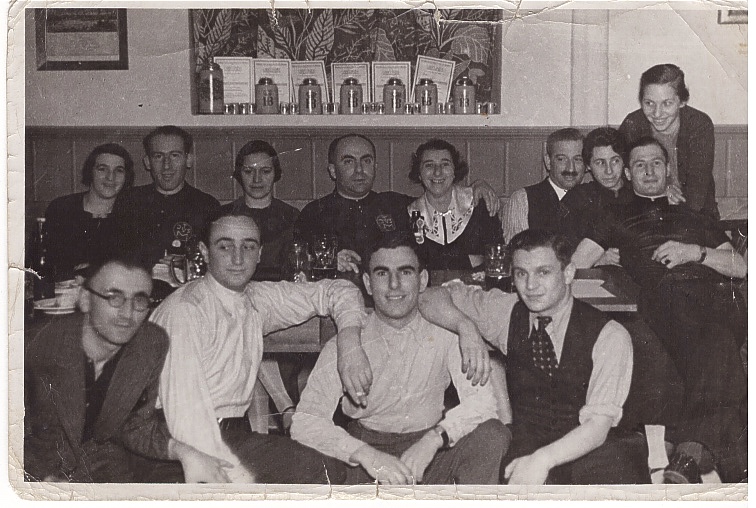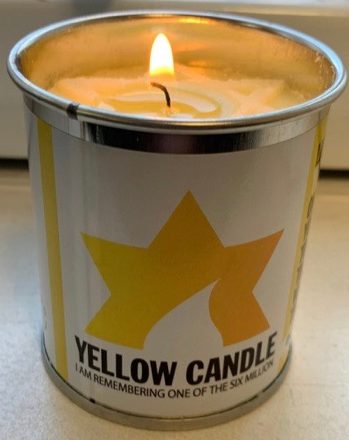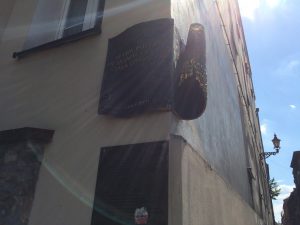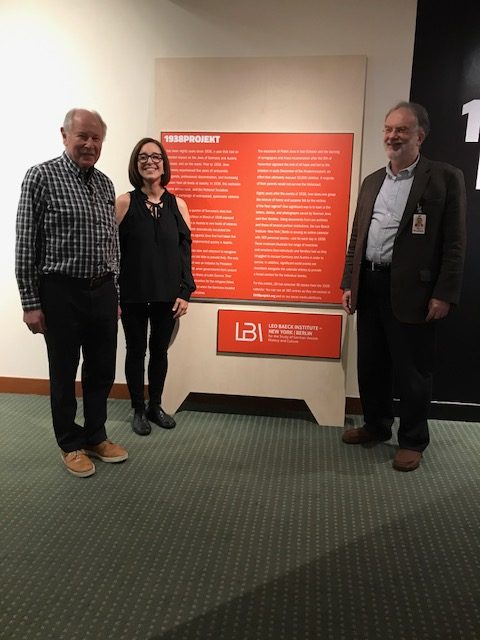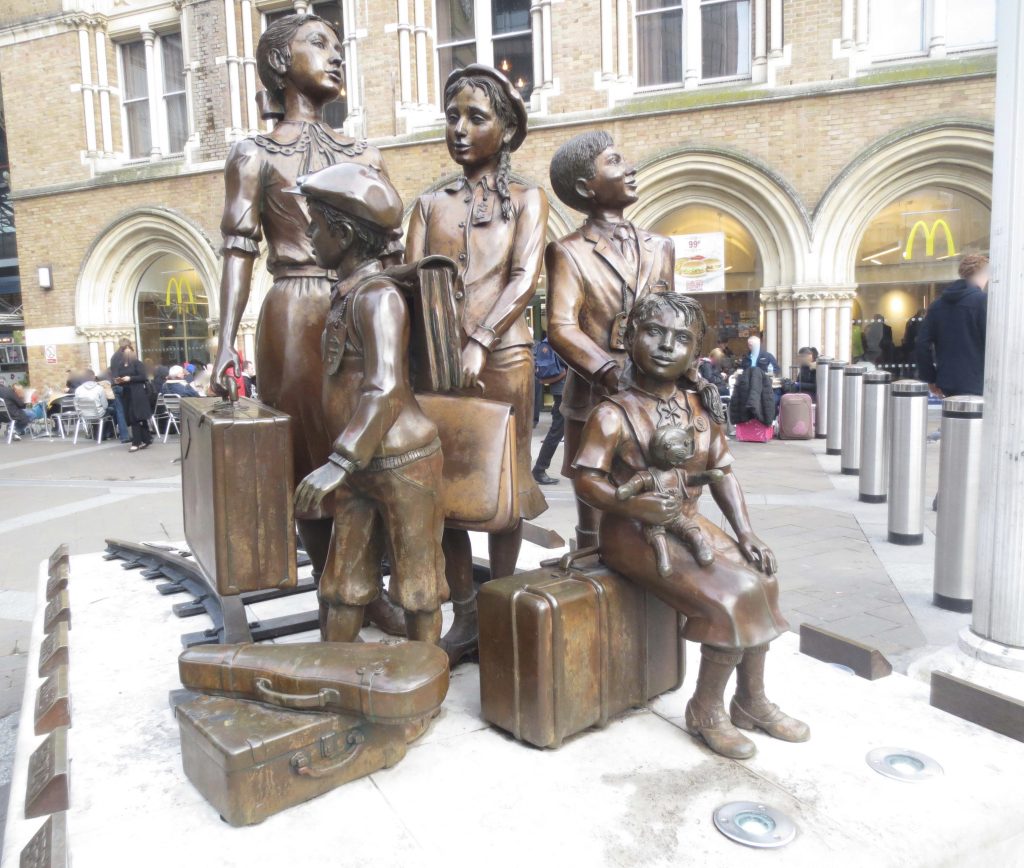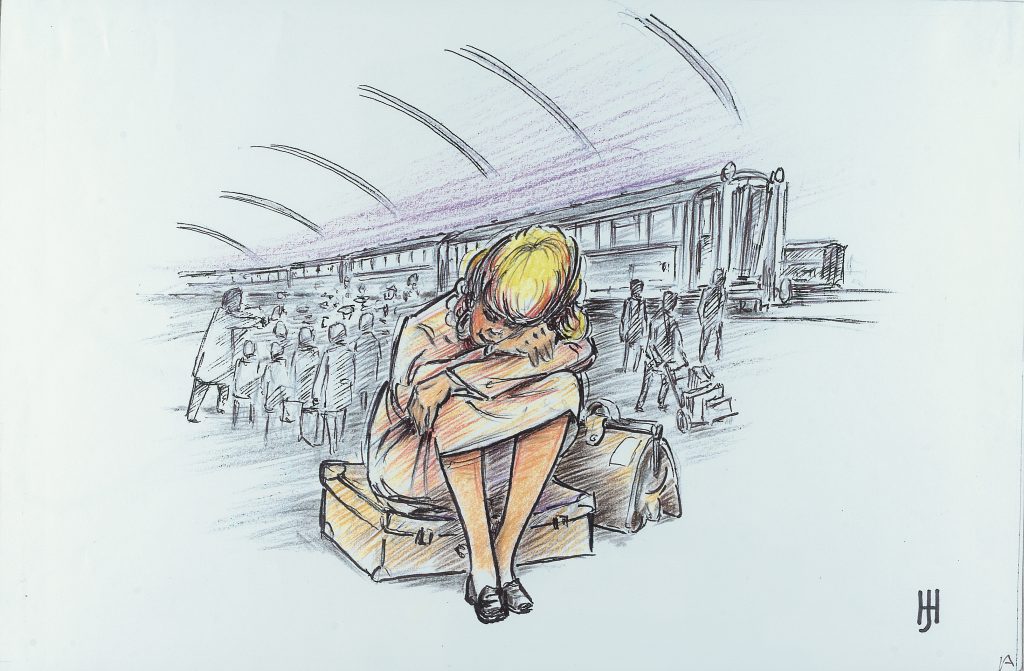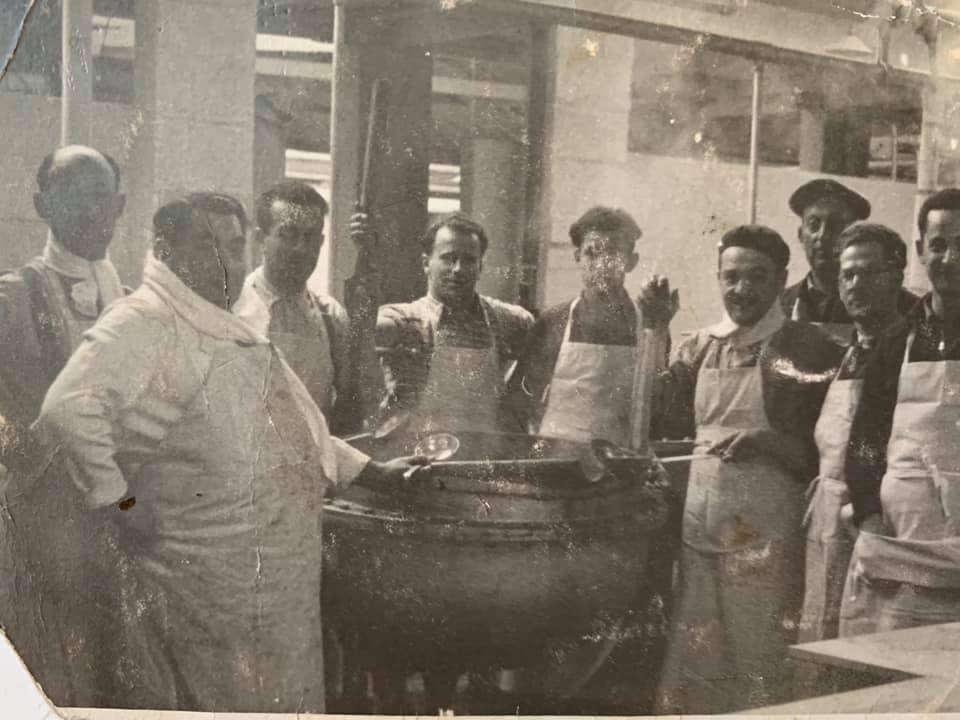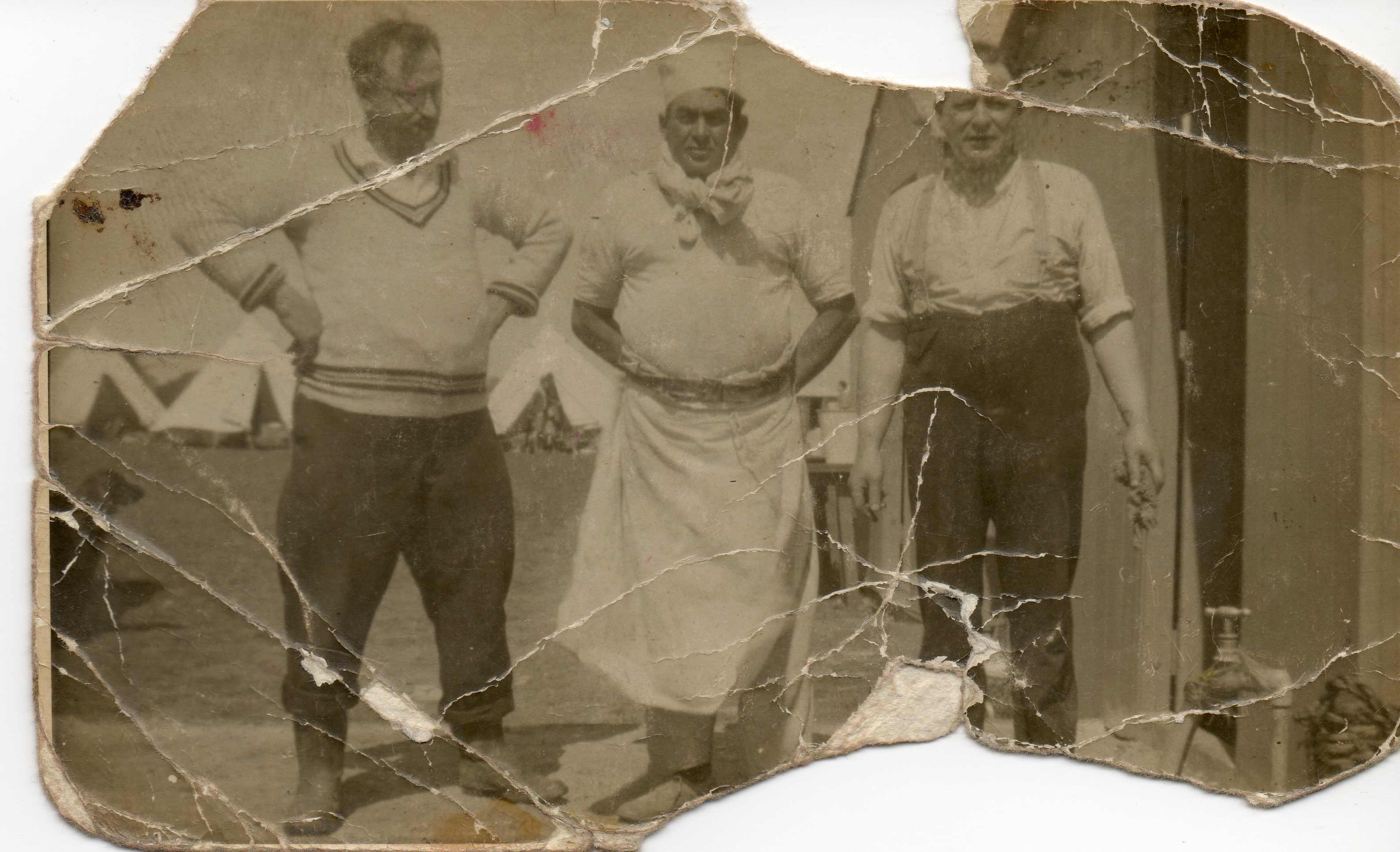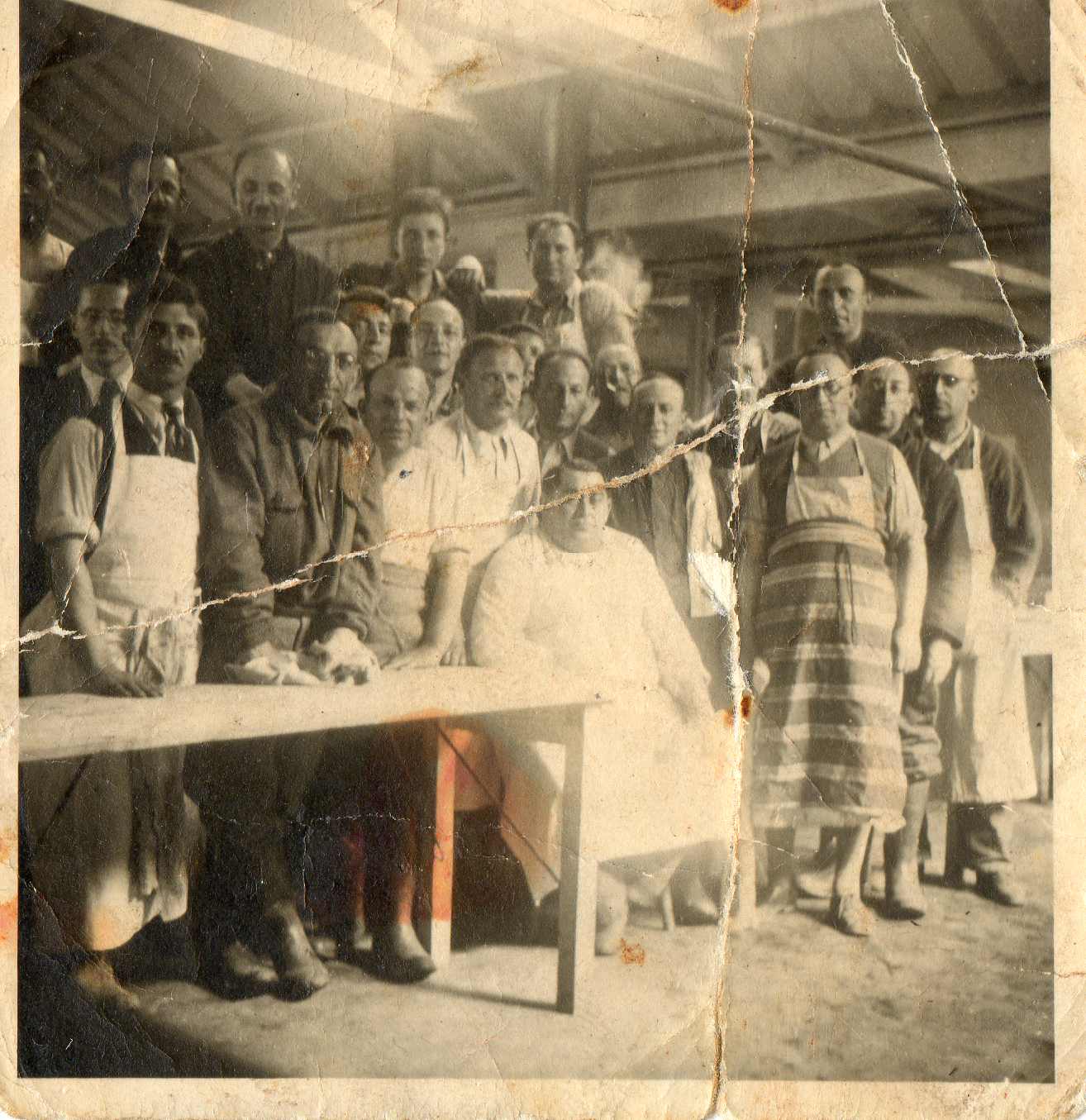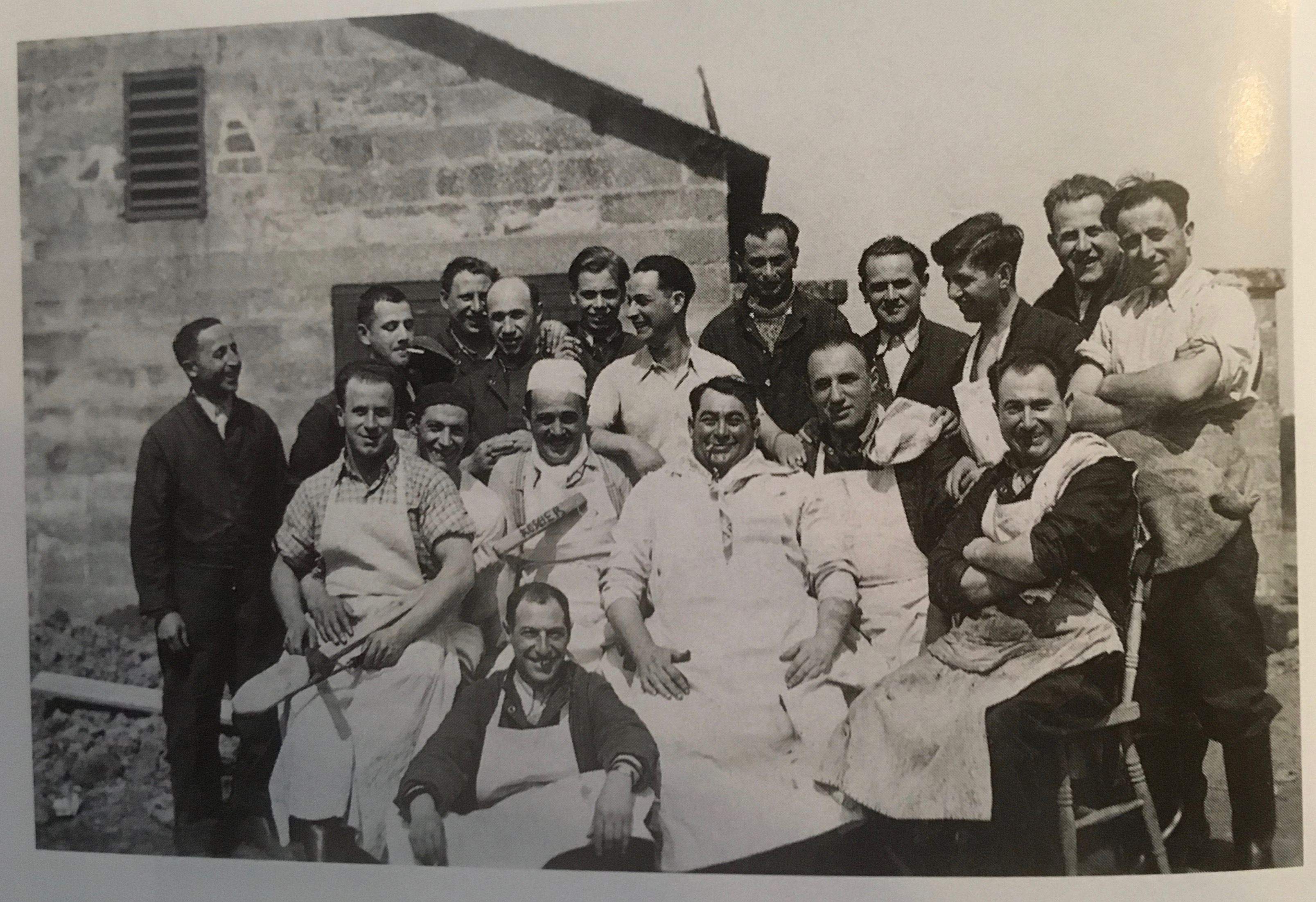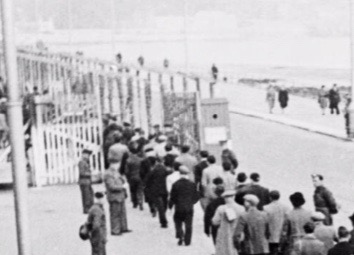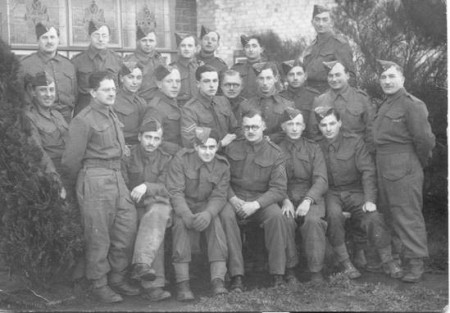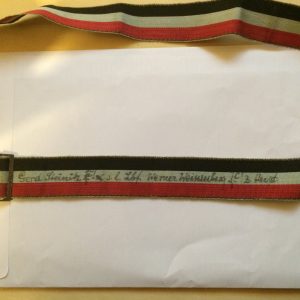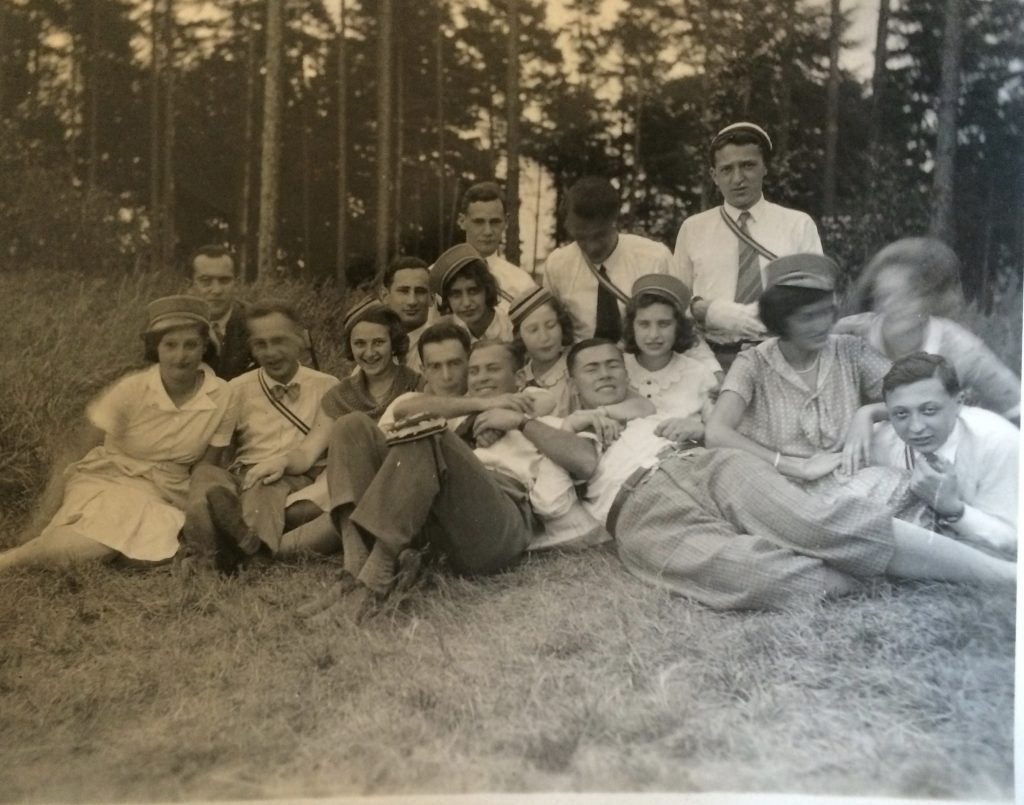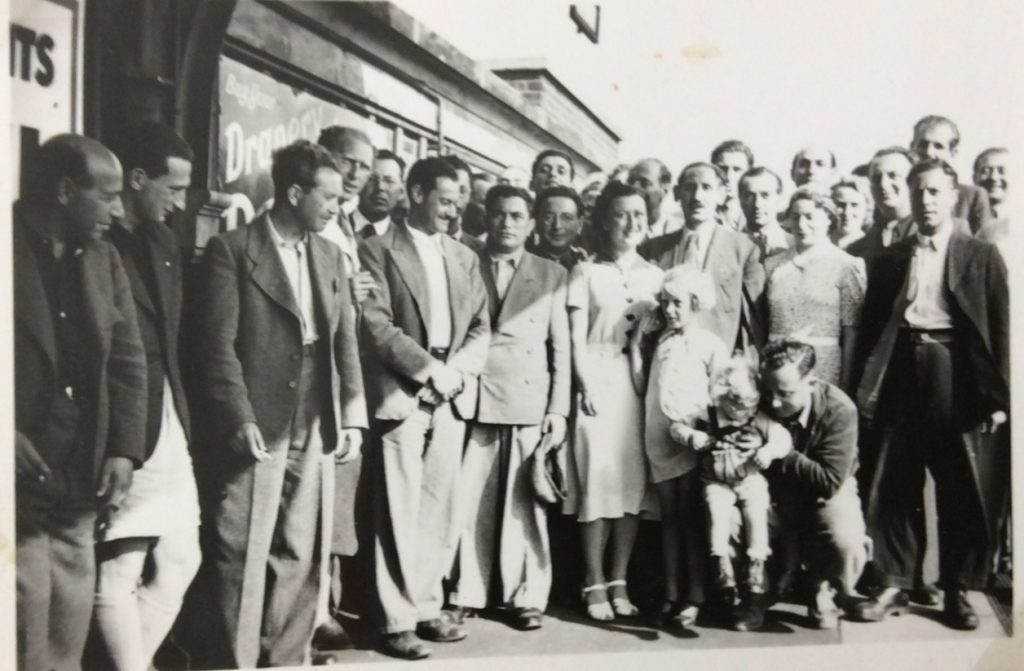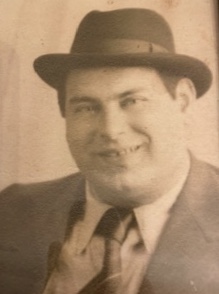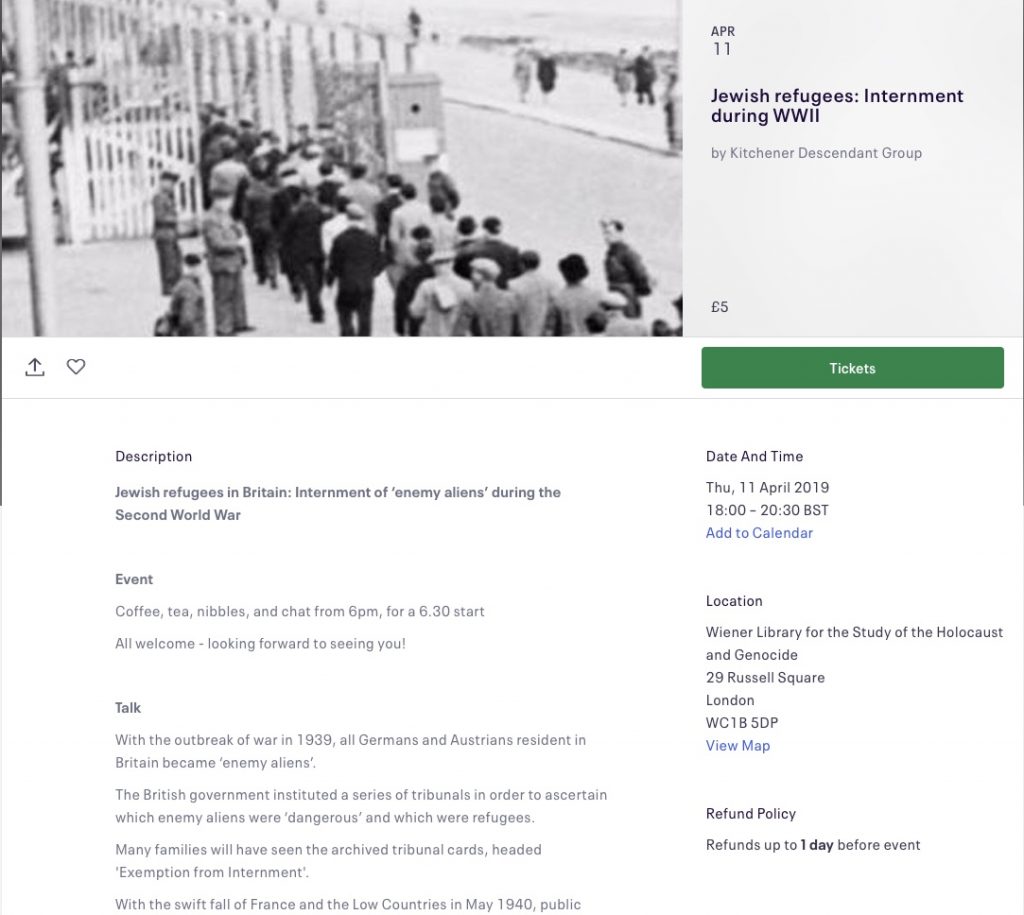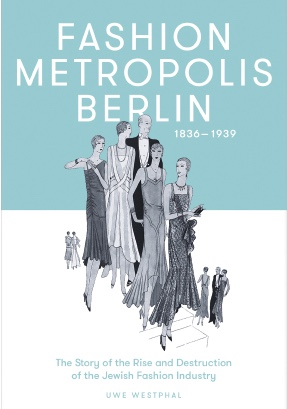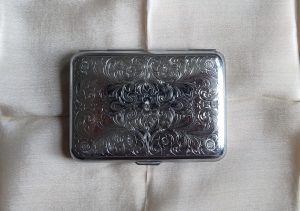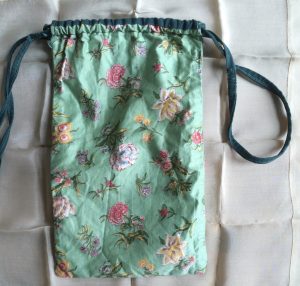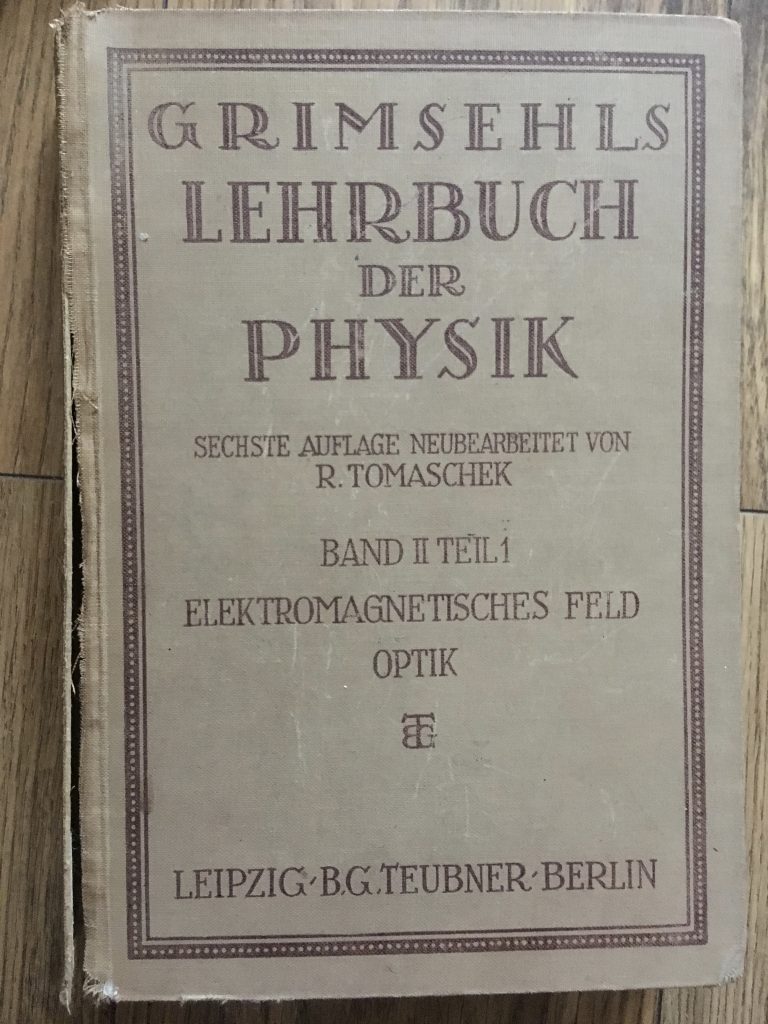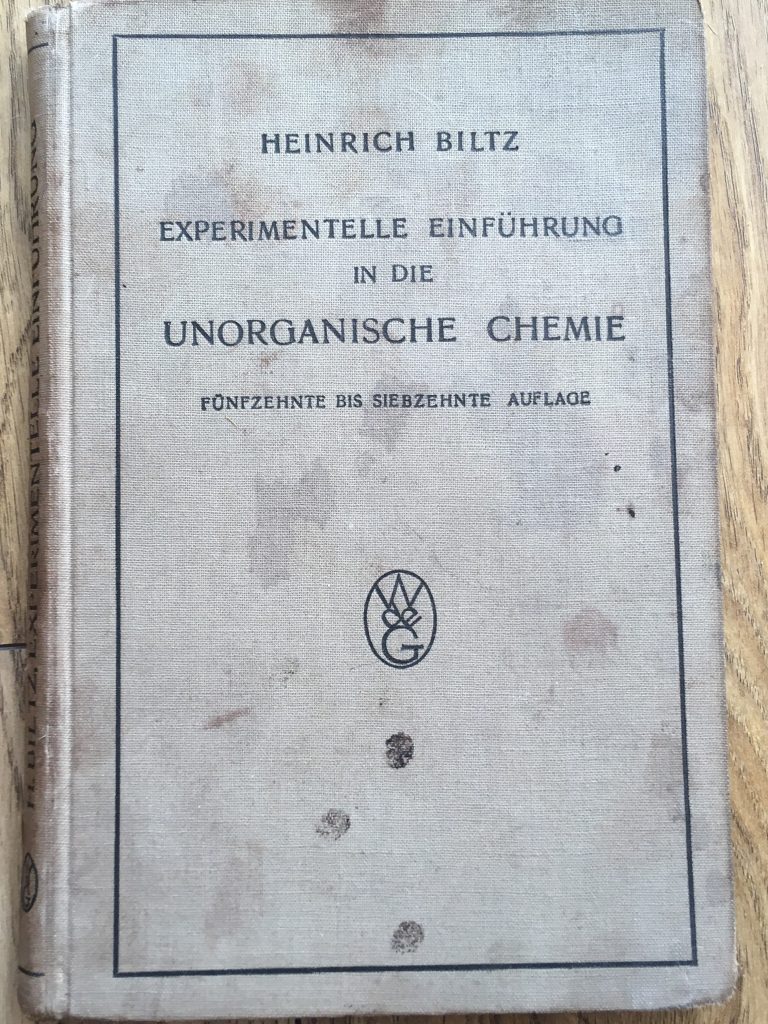It has always been my intention to create an exhibition from the Kitchener camp project – to commemorate 80 years since the 1939 rescue to Britain of our fathers, grandfathers, uncles, and other relatives and friends.
I am now pleased to announce that the exhibition opening will take place on 1st September 2019 at the Jewish Museum in London.
………………………………………..
The Kitchener exhibition will mark the donation of the project to the Wiener Library for the Study of the Holocaust. Having the project under the care of this esteemed institution will future-proof our materials, our findings, and our history.
To all Kitchener families – thank you for your patience while we have worked out the details of the exhibition with the institutions involved.
………………………………………..
Why this date?
In writing and thinking about the Kitchener history there is a careful line to tread between the narratives of those who were ‘rescued’, and the reality that so many were not.
Many Kitchener men’s families did not make it through the Shoah, and all our forebears in this context will have experienced varying degrees of loss – of language, community, culture, country, and citizenship.
As well as family and friends, the Kitchener refugees were forced to leave behind homes, hard-earned businesses, personal possessions, known environments, and whatever had been their hopes and dreams for their future – and that of their families – in their countries of origin.
The men’s experiences of the 1930s and 1940s seem to have resulted in a majority being unable or unwilling to communicate the scale of their loss to postwar families in Britain, Canada, Australia, the USA, Latin America, Israel, and beyond.
It’s difficult to encompass a series of events that could be so terrible that a collective silence could befall so many. And yet – this is what so many of us have experienced at the heart of our families.
………………………………………..
Two days ago, Monica Lowenberg spoke movingly about the Kitchener camp rescue at Yom HaShoah in Hyde Park, London – in the context of her father, who was one of the Berlin ORT boys. She observed that the first transport from Berlin comprised the older pupils: the second was to have rescued the younger boys and the rest of the staff.
The second transport was due to leave Berlin on 3rd September, but war between Britain and Germany was declared that day, and the remaining staff and younger boys did not make it to safety.
It is believed that most of these boys were killed in the Shoah.
………………………………………..
The Kitchener history more broadly has many such narratives – of children and wives, of mothers, fathers, and grandparents who were killed when time ran out for further rescues.
Thus, the history of the Berlin ORT serves as a reminder that while ‘four thousand men’ were indeed rescued through the Kitchener scheme, their fellow concentration camp detainees were not.
………………………………………..
I draw this analogy because Kitchener camp was initially discussed by the Council for German Jewry as a means to rescue the 30,000 men who had been incarcerated during the events of November 1938 – but lack of funds meant that the number was fast whittled down: instead, 3,000 men were to transmigrate though the camp, and as one batch moved on to settle elsewhere, the next 3,000 would be brought out to safety.
We start to appreciate then, that the outbreak of war in September 1939 meant that tens of thousands of men were in a similar position to those younger boys of the Berlin ORT.
In terms of the Kitchener rescue, the period to the date war was declared was simply too short for this ongoing transmigration to be ‘successful’ – for most. And although by summer 1940 many hundreds of Kitchener refugees had made it to Canada and the USA, the rescue of the majority of the 30,000 from continental Europe was cut short.
Thus, while the exhibition acknowledges the truly extraordinary rescue that was ‘Kitchener camp’ – and we will without doubt gain much from this opportunity to gather together as ‘Kitchener descendants’ – the chosen date also acknowledges the context – of the many tens of thousands who were not rescued in time.
Please save the date: 1st September 2019
………………………………………..
The location
We always intended that the opening day of the exhibition should be more than ‘just’ an exhibition, and provide something of an ‘event day’, giving us the time and opportunity to meet with and chat to fellow ‘Kitchener Kids’ and their families.
The Jewish Museum provides the space to hold talks and workshops; it also has a history that is interesting in our context – because the original museum was located in Woburn House (see link below).
The Jewish Museum is located in Camden, a fascinating area of London: details about how to find it are here:
https://jewishmuseum.org.uk/visit/getting-here/
………………………………………..
Further details
You will appreciate that there is a lot to do to pull this together – and we’re volunteers with busy lives, so please bear with us.
As and when more details are confirmed, we will share them with you.
The event will be ticketed: we will let you know here when the tickets go ‘live’ from the Jewish Museum.
Funding
As yet, we have no formal funding for the exhibition costs, although we are working on it. Some families have very kindly offered a donation towards costs, and while no-one should feel under any obligation to do so, if you would like to contribute, the link to our crowd-funding page is below. You can remain anonymous on there if you wish to do so – just look for the appropriate setting:
https://www.justgiving.com/crowdfunding/kitchenercamp

Please pass on this link if you know someone who might be interested in supporting our exhibition costs.
Acknowledgement will be given at the exhibition to donors who are happy for their names to be made public.
Please note – we are NOT a registered charity. If you need to do so, you should consult with your accountant.

